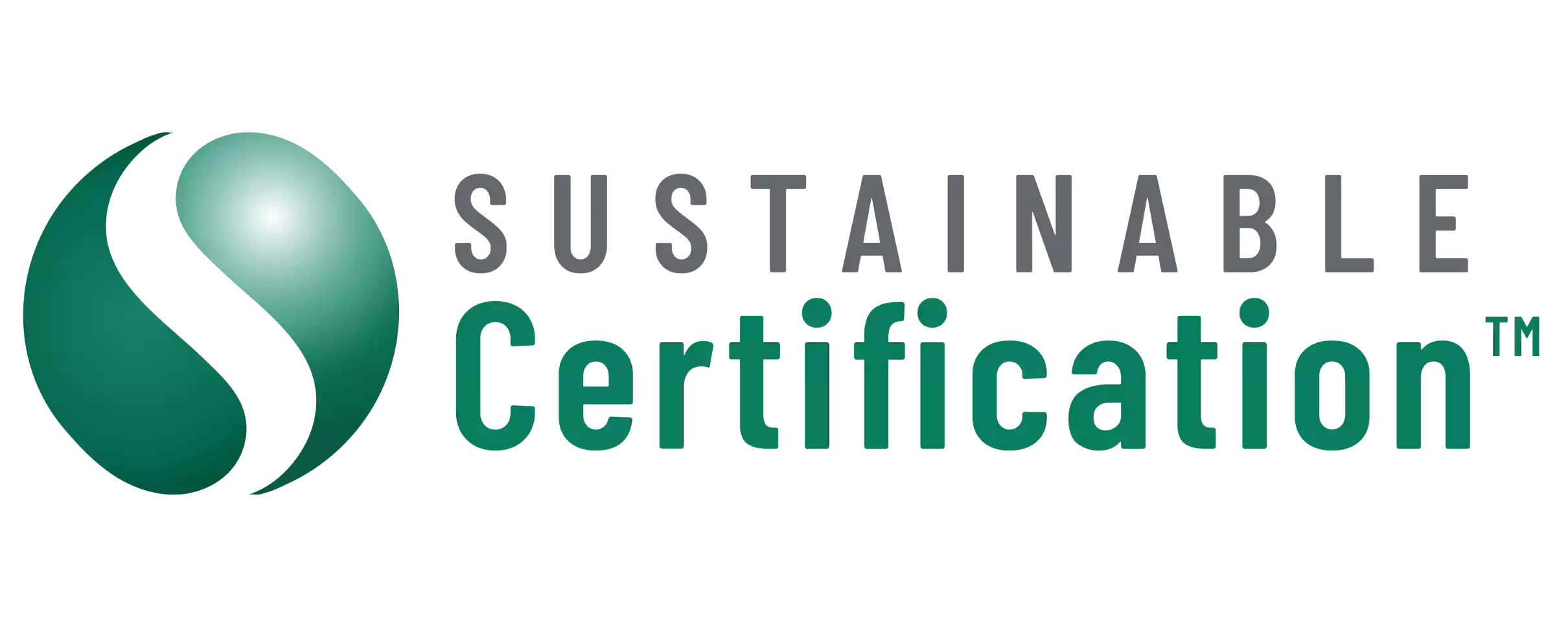Application Submission You can initiate the certification process by filling out our obligation free Request a Quote or completing the Online Application form. Following steps are involved in the certification process:
Document Review
In this phase, we will determine if your management system fulfils all the requirements of your chosen standard. We will also prepare a report that highlights gaps and issues if any. These areas are expected to addressed before proceeding to the next step. While we can conduct document review at your office. However, many of our customers prefer that is done off-site to keep the disruption in your office to a minimum.
Certification Audit
The certification audit verifies that your business follows the exact same procedures which you have mentioned in your management system and that all processes meet international standards. The audit takes place at all your sites and offices.
Issuance
Certification is issued to your business, upon your lead auditor’s recommendation. You will also be issued relevant logos.
Surveillance Audits
Surveillance audits are conducted on a regular basis after every 6, 9 or 12 months to assure that your management system has been implemented effectively. You can utilise the results of audit findings for further improving your processes.
Granting, refusing, maintaining of certification, expanding or reducing the scope of certification, renewing, suspending or restoring, or withdrawing of certification:
SCPL has internal processes to review and approve certification recommendations following audit activities. You will be notified of the decision as soon as the review is completed. Once you achieve Certification you will have immediate access to your certification documents including your accredited certificates and the relevant marks and logos ( refer to the Use of Marks and Logos for further requirements) .
There may be on occasion a requirement to reduce the certification scope depending on your operations, changes and your scope at the time of the audit.
There are also requirements to ensure you maintain your certification ( refer to surveillance audits above), if you do not comply with these surveillance audits or address major non conformities as noted in your report findings this may lead to certification suspension. SCPL ensures you are notified if this may be an issue and we do our best to communicate and work with you to ensure you maintain your certification where possible.
Please refer to the Terms and Conditions ( clause 21) for further information.
